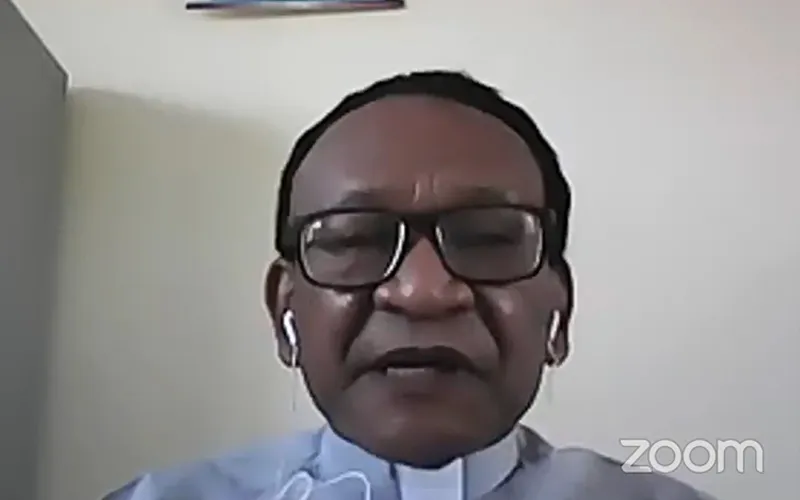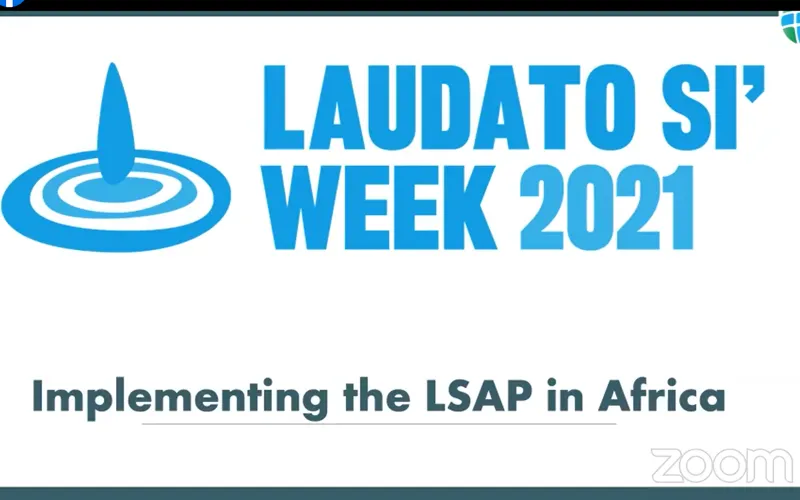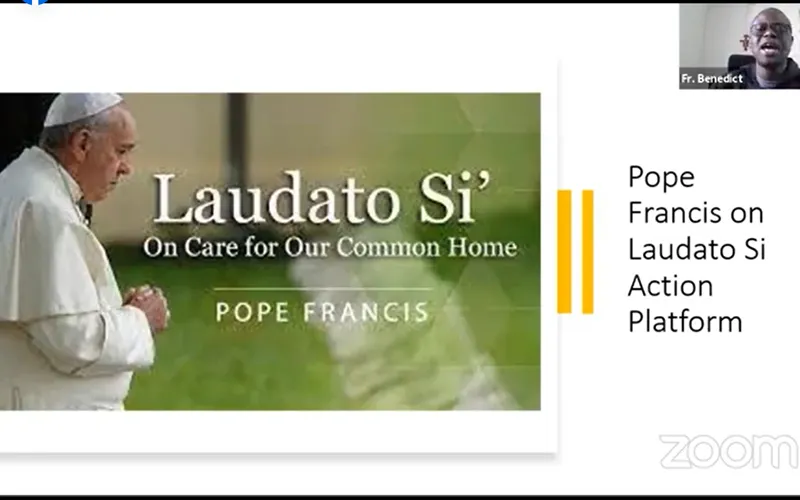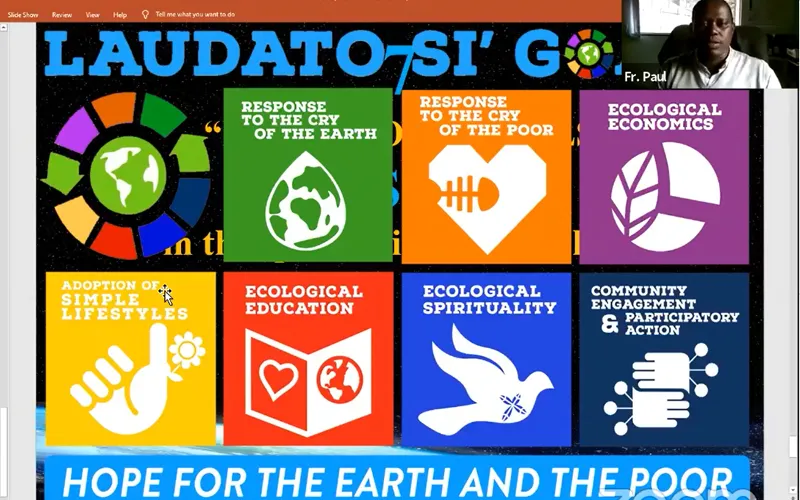Nairobi, 26 May, 2021 / 8:19 pm (ACI Africa).
As part of the “Laudato Si’ Week” aimed at marking the sixth anniversary of Pope Francis’ Encyclical Letter on the environment, a Catholic Priest in Africa has outlined ways that the Church on the continent can implement the recently launched Laudato Si’ Action Platform (LSAP).
Vatican’s Dicastery for Promoting Integral Human Development (DPIHD) coordinated the launching of LSAP on Tuesday, May 25 as a seven-year action plan to implement environmental sustainability in different sectors of the Church including religious congregations, hospitals, and schools.
While launching LSAP, Pope Francis underscored the need for humanity to find “new ecological approach that can transform our way of dwelling in the world, our styles of life, our relationship with the resources of the Earth and, in general, our way of looking at humanity and of living life.”
In his message during the Wednesday, May 26 webinar, the second Deputy Secretary General of the Symposium of Episcopal Conferences of Africa and Madagascar (SECAM) urged Church leaders in Africa to raise awareness and educate the people about Laudato Si’, coordinate activities in line with DPIHD’s directives, revitalize associations, and collaborate with different organizations.
“Bishops' Conferences and each local Church must ensure this coordination in order to create a synergy within each church in order to achieve the communion in the Church which is already coordinated by the Dicastery for Integral Human Development,” Fr. Jean Germain Rajoelison said during the virtual event.












